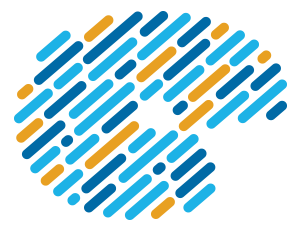-
Notifications
You must be signed in to change notification settings - Fork 36
GSoC 2020 Projects
signac is a data management framework named after the painter Paul Signac, whose colorful pointillist style resembles a collection of data "points". The signac framework is designed to help researchers design, manage, and execute computational studies. The core data management package signac helps users track data and metadata for file-based workflows (e.g. large molecular simulations) with features for searchability, collaboration, reproducibility, and archival. The companion package signac-flow automates workflow submission on high performance computing clusters operated by universities, companies, and federal research labs. The architecture of signac is specifically aimed at research, where questions change rapidly, data models are always in flux, and computing infrastructure varies widely from project to project. Portability and fast MVPs are signac's strong suit -- compute some jobs, analyze the outputs, write a paper, and archive the data. The signac framework is available for Python 3.5+, can be installed with pip or conda, and is licensed BSD-3.
To learn more about the project, check out the signac website and framework documentation. The signac framework is written in Python 3, so contributors should have some familiarity with the Python language. Contributors should be familiar with Git and GitHub, and read our guidelines for contributors.
We recommend that new contributors get started with a "good first issue" to acquaint themselves with the project and our development process. Note that the signac framework has a few separate repositories where issues are filed:
- signac, core data management package
- signac-flow, workflow automation
- signac-dashboard, rapid data visualization in a browser
- signac-docs, the central documentation repository
- signac-examples, a set of example projects
- Here, we'll list GSoC project ideas. Check back soon!
- Learn to automate and scale computational workflows from laptops to the world's largest supercomputers
- Improve your skills in designing user-centered APIs, working on collaborative teams, and using scientific Python
 About signac
About signac